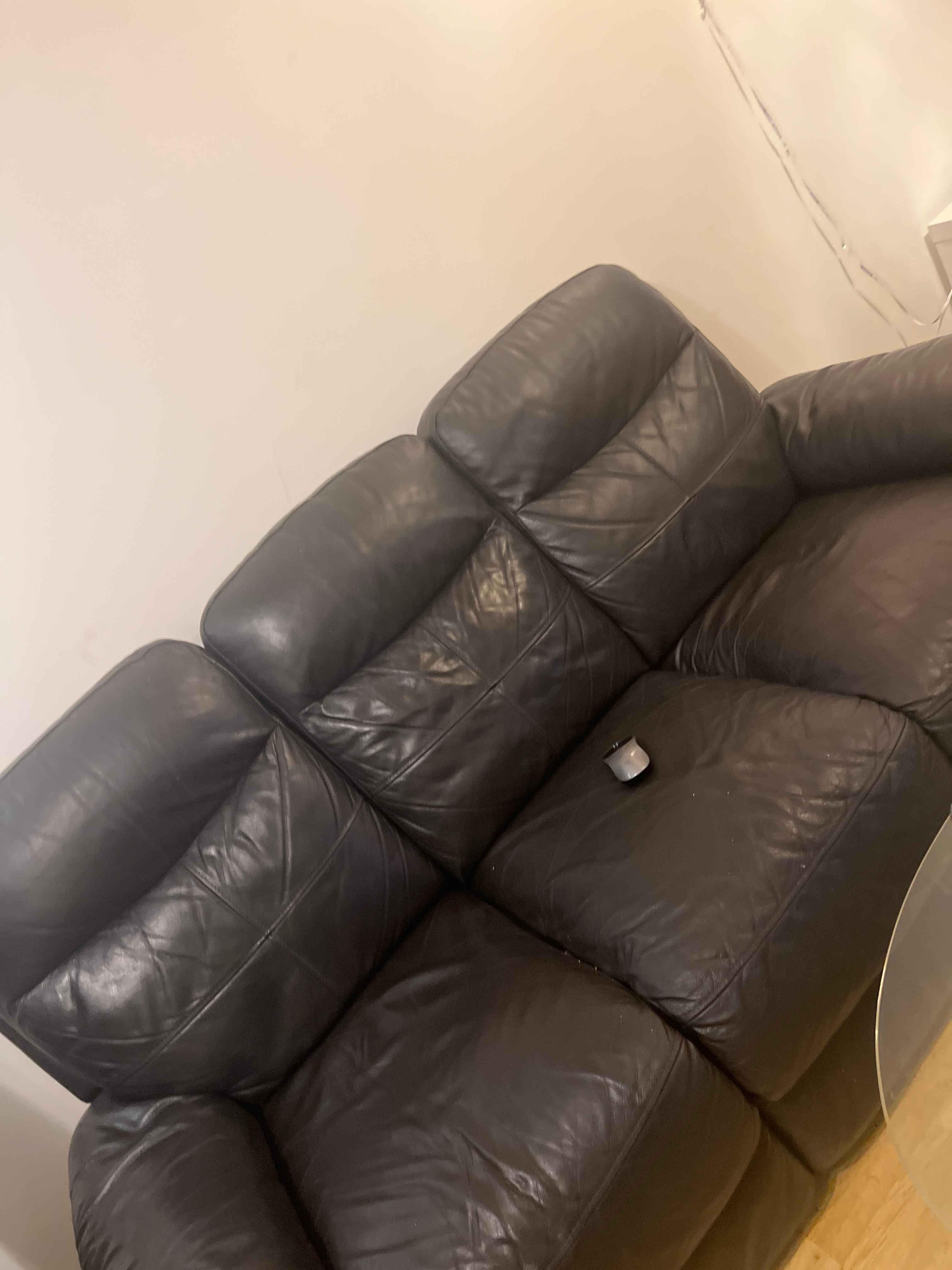What Students Say
Likes
- Campus
- Culture
- Support (Professors and Seniors)
Dislikes
- Strict in terms of plagiarism
- No free parking for students
- Rush in finding student accommodation
Course Curriculum
- Difficulty level : 7/10
- It was more practical-orientated but not like India, you cannot expect just mugging up the material given at the university because questions are not straightforward, it assesses deeper aspects of your understanding , critical thinking, etc
- Positive: Really knowledgeable faculties, supportive learning environment, beautiful campus, etc
- Negative: Some faculties speak English, which is difficult to grasp
- Average classes in a day : 5
- Average number of students : 200
- Indians: 70%
Admission Experience
-
I applied for the following universities:
- University of Edinburgh
- University of Glasgow
- University of Birmingham
- I was accepted in all.
- I think I was accepted in all the universities because I had a strong profile of 2 years of prior experience as a data scientist
- I also had a bachelor's in CS from a well-reputed university
- I scored 8.0 in IELTS and had a good SOP
- I was also offered some scholarships from the university.
-
I chose Glasgow because Birmingham is like Ekta Kapoor’s drama on Star Plus, and Glasgow is SRK’s movie.

- And between Glasgow and Edinburgh, both are full of life, I would say, but Glasgow is a little more open and vibrant. You’ll find students from almost 7 universities in Glasgow but in Edinburgh there’s only 2/3 universities.
- Process: Make a good SOP, get LORs from previous university, gather transcripts, IELTS, and gather documents required, and then make an application.
- Requirements might vary from course to course but on average, around a 7.0 IELTS score is required.
- Overall experience was awesome; you’ll fall in love with the city.
- Challenges: Finding accommodation (try to secure this as quickly as you can)
- I applied for the September intake, as it is the most common choice for students. This intake offers more course options, a chance to join a larger student community, and better opportunities for internships or jobs after graduation.
- The admission process took about 2–3 months.
- Timeline:
- Application Submission: Early January.
- Confirmation Email: Within 1 week.
- Request for More Documents (if needed): February.
- Offer of Admission: Early March.
- Acceptance and Deposit Payment: Mid-March.
Faculty
- In my course, there are around four teachers per subject and also some assistants. It helps a lot because students can ask more questions, and the teachers or assistants can give more attention, which makes learning better.
- The teachers are really good; they teach both theory and practical things. Assistants also help, especially in labs or during extra classes. The course content is good, but I think just studying is not enough. You need to do more things, like internships or work on projects, to be job-ready.
- Some teachers and assistants help. They know people in companies and share job details or even recommend students. It’s really helpful if you are looking for work.
- Dr. Kevin Bryson is the best, I think. He knows a lot, and his way of teaching is very practical. He makes hard topics easy to understand, and you feel like learning from him is really useful.
Campus Life
- The University of Glasgow has three main campuses: Gilmorehill (main one), Garscube for veterinary and life sciences, and Dumfries. Most classes and student stuff happen at the Gilmorehill Campus, which is in the West End of Glasgow.
- The campus has a big library with study spaces, free Wi-Fi, and loads of books. There’s also a gym called the Stevenson Building, with pools, courts, and fitness classes. Medical help like doctors and counsellors is there too.
Part Time Jobs
- At the University of Glasgow, there’s lots of part-time work, both on and off-campus, but it’s kind of competitive sometimes.
- TA/RA/DA Positions: Some students manage to get Teaching Assistant, Research Assistant, or Department Assistant roles, but not everyone gets lucky. It depends on how good your grades are and if the department even needs people.
- Pay Range: The pay for TA/RA/DA jobs is around £10-£15 an hour, which isn’t bad, but it’s not guaranteed you’ll find one.
- Other On-Campus Jobs There are other jobs too, like working in the library, admin offices, or student services. These pay less, like £9-£12 an hour, but it’s decent if you’re looking for something quick.
- Work Hours: Students on a student visa can work up to 20 hours a week during term time. You really can’t go over that, or it might cause trouble with your visa.
- How Hard Is It? Honestly, getting on-campus jobs isn’t super easy because lots of students want them. You have to apply early, keep checking, and maybe ask seniors or use the Student Hub for help.
- In short, there are jobs, but you’ve got to hustle a bit to get them!
- Most Indian students work in restaurants, shops like Tesco or Sainsbury’s, or small cafes. Some also get lucky with jobs in the university library or admin office, but that’s not for everyone. These jobs are easy to fit with visa rules, so most stick to these kinds of roles. Pay: It’s usually around £10 to £12 an hour, depending on the place. Some jobs pay better, but they’re not easy to find. How Hard Is It? Finding part-time work is not super easy, especially in busy areas where lots of students are looking for the same thing. You have to apply early, and even then, it’s hit or miss. Popular places fill up quick, so you might need to try different areas or roles.
- How to Apply
- 1. Look Around: Check online on sites like Indeed or just walk into shops and ask if they’re hiring. Some restaurants put up signs, so keep an eye out.
- 2. Make a CV: Keep it short, like one page, with just your basic info and any past work you’ve done. Nothing fancy is needed.
- 3. Drop CV: Hand your CV in person or apply online through websites. For university jobs, check the portal or email departments.
- 4. Interview: Sometimes there’s no interview; they just hire you, but other times they’ll ask for a quick chat or a trial shift.
- 5. Follow Up: If they don’t reply, go back or send another email. Be polite but don’t wait too long; keep applying elsewhere. It’s kinda messy, but most students find something if they keep trying. You just gotta hustle a bit and not give up.
Placement
- Most students struggle to find full-time jobs after graduation, but things are slowly getting better now. From my class, only around 50% managed to secure a job within 6 months after finishing the course.
- Salary Range: The average salary depends on the field, but most graduates earn between £25,000 and £35,000 per year starting out. A few in high-demand roles or big companies earn more.
- How Students Find Jobs Most students are using online portals like LinkedIn or Indeed, while some rely on internships that turn into full-time offers. Networking events and referrals also help, but campus recruitment is rare.
- Placement Experiences: A few classmates got jobs in companies like Barclays, Deloitte, and NHS, mostly in entry-level roles. Others are still looking or working part-time to manage.
- Major Companies Hiring: Companies like JO Morgan, Deloitte, Barclays, and EY sometimes hire graduates from our programme, but it’s competitive and takes a lot of effort.
Accommodation
- I stayed off-campus. It was a shared house with a few other students, and it felt more budget-friendly than staying on campus.
- I found it through online platforms and student groups on Telegram. Some seniors shared helpful links, and I just contacted the landlord directly.
- The rent was around £600 per month. It included basic facilities like Wi-Fi, a washing machine, and a shared kitchen, but utilities like electricity and gas were extra.
- It was hard to find a place within budget near the university. Some landlords didn’t respond, and a few asked for a guarantor, which was a problem for me as an international student.
- Start searching early, maybe 2-3 months before moving. Join student groups online, and don’t trust every listing—some are fake. Also, try to contact seniors for advice.
- My place was about 20 minutes by bus from campus. Most Indian students stay in areas like Partick or Hillhead because they are close to the university and have a lot of shared accommodations.
Exams
- The IELTS exam is required, and I scored 7.0. Other exams like TOEFL, GRE, GMAT, PTE, or SAT are not needed for my course.
- The documents needed are:
- • Statement of Purpose (SOP)
- • Letter of Recommendation (LOR)
- • Resume (CV)
- • Work Experience Letter
- • Academic Transcripts
- • IELTS Score Letter
- • 10th and 12th Marksheets
- • Bachelor’s Degree Certificate
- I did not have an interview in my application process. But some candidates had to give interviews based on their course or profile. These interviews were used to check if the candidate was a good fit or was actually interested in learning about the programme and their vision for applying.
Events
- Some big events are Freshers’ Week and GUU (Glasgow University Union) parties, debates, and live music. There’s also cultural events and charity stuff like the Big Night In. Clubs like the Indian Society and AI Club are super popular.
- So much to do, like sports clubs for football, basketball, even archery. Cultural events happen a lot, like Diwali in Indian society. There’s also groups like the Debating Union and eco-friendly clubs. It’s easy to find fun things and make friends!
Fees
- £26,000 for the entire course. (You can pay semester wise.)
- Monthly expenses: rent : £600 including bills
- Transport: £60 per month for buss pass (download FirstBus app)
- You can also use the subway, which is pretty cheap and fast and connects most of the city.
- Wifi, etc will cost around £20/month if not already included in the rent
- Regular expenses: food : £ 70-100 per month if you cook
Scholarship
- There are several scholarships available.
- Chevening is the one offered to several students.
- Eligibility
- You must be from a Chevening-approved country.
- Promise to go back to your home country for at least two years after the scholarship.
- Have at least two years (2,800 hours) of work experience.
- Hold a bachelor’s degree that allows you to study a master’s in the UK.
- Apply to three approved UK courses and get an unconditional offer from at least one before the deadline.


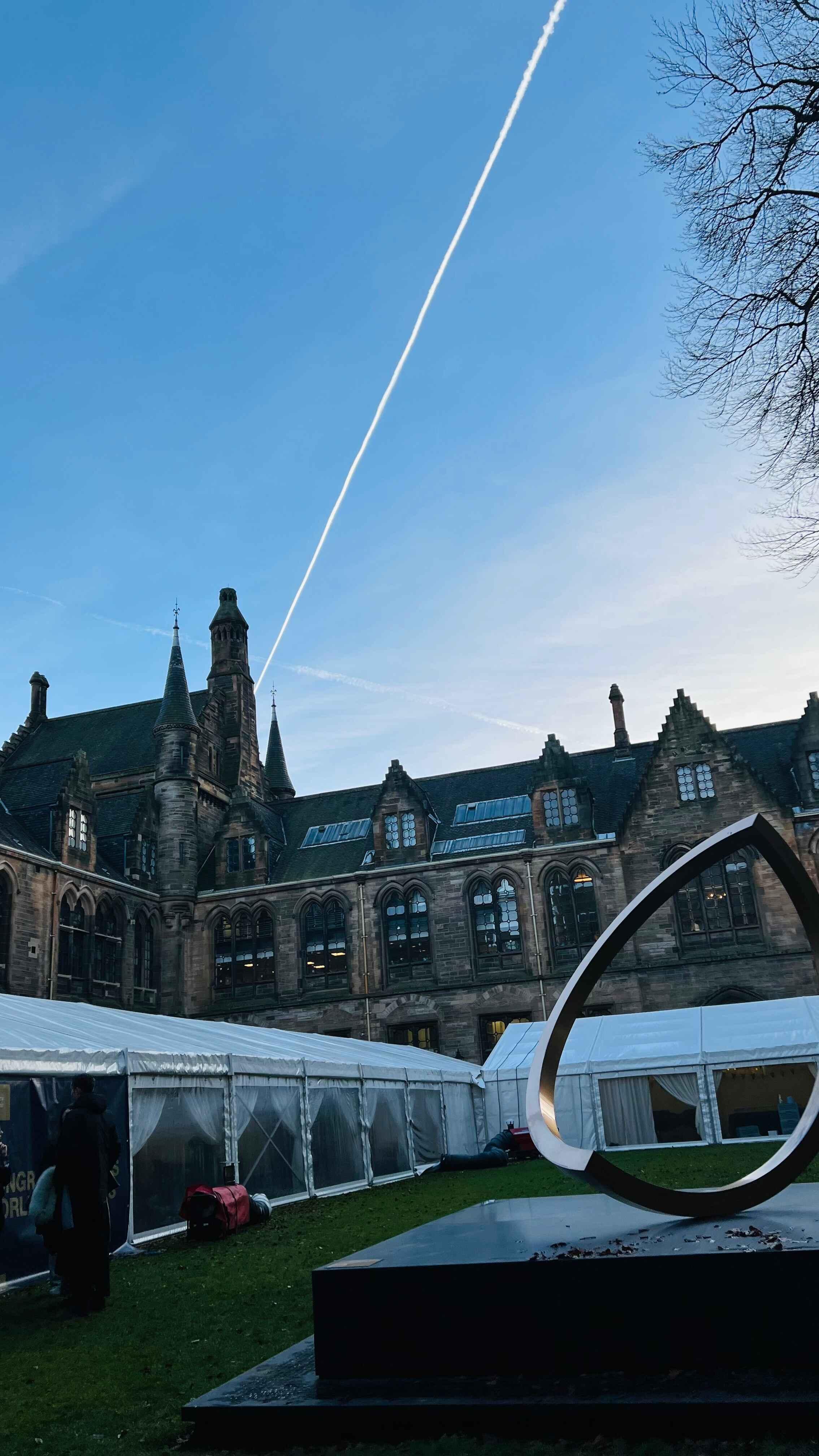
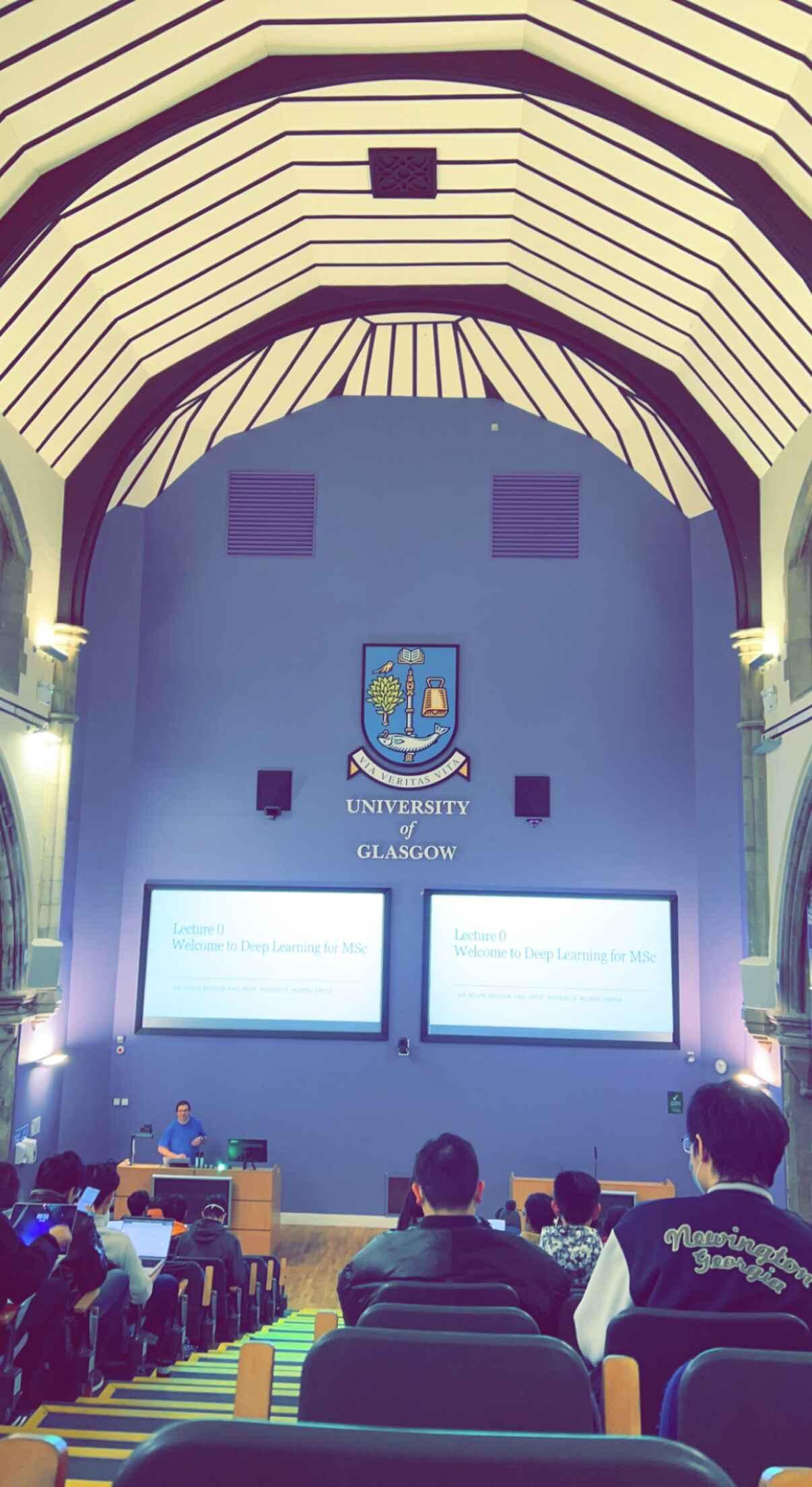
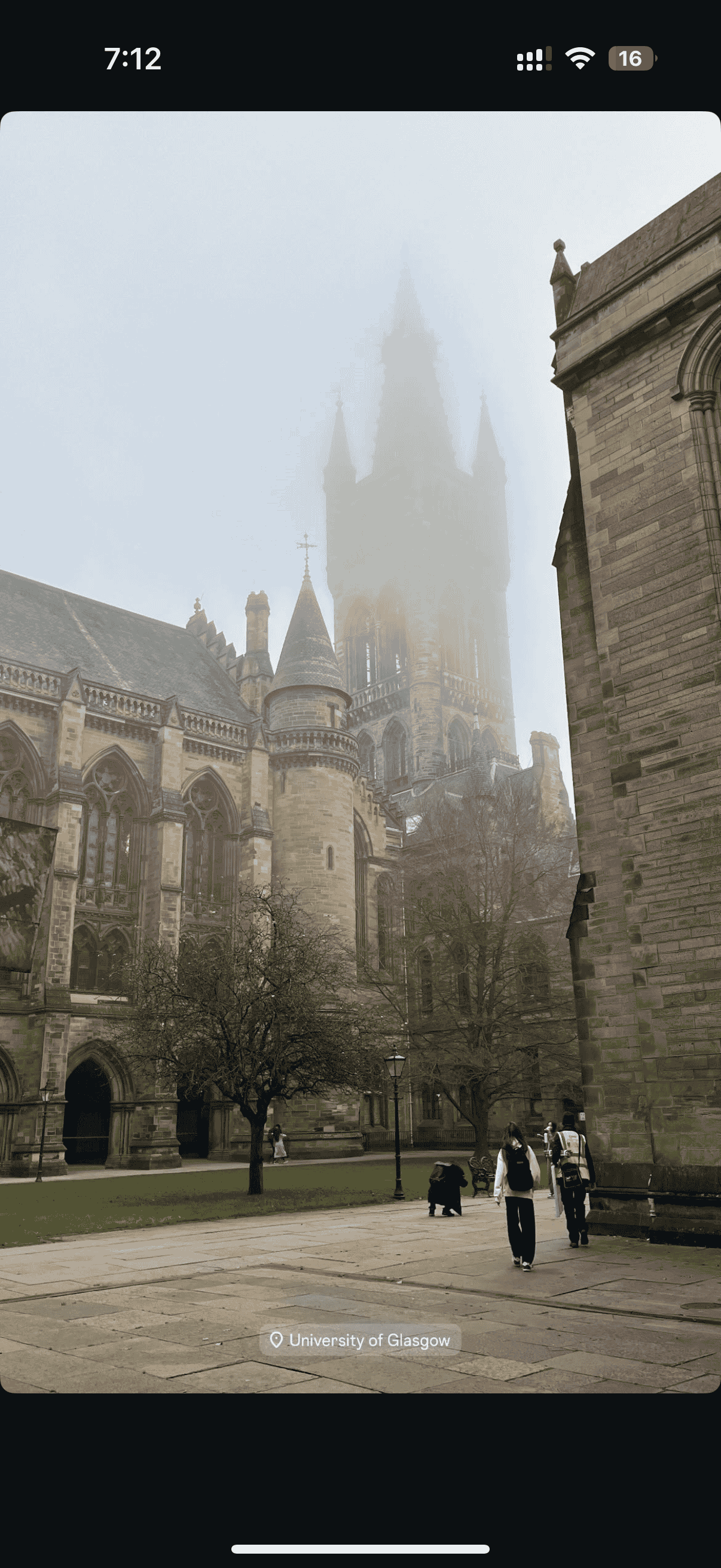
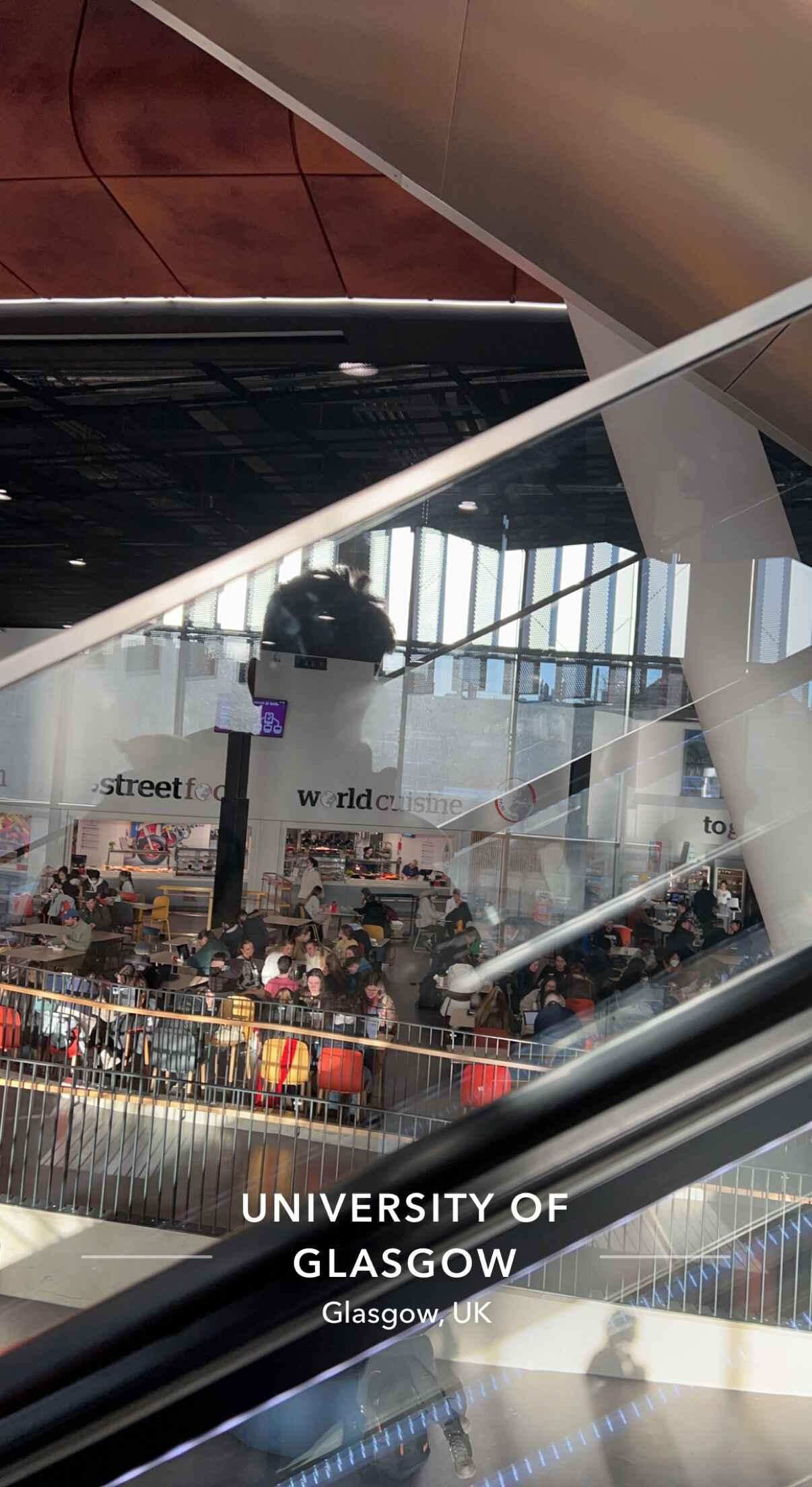
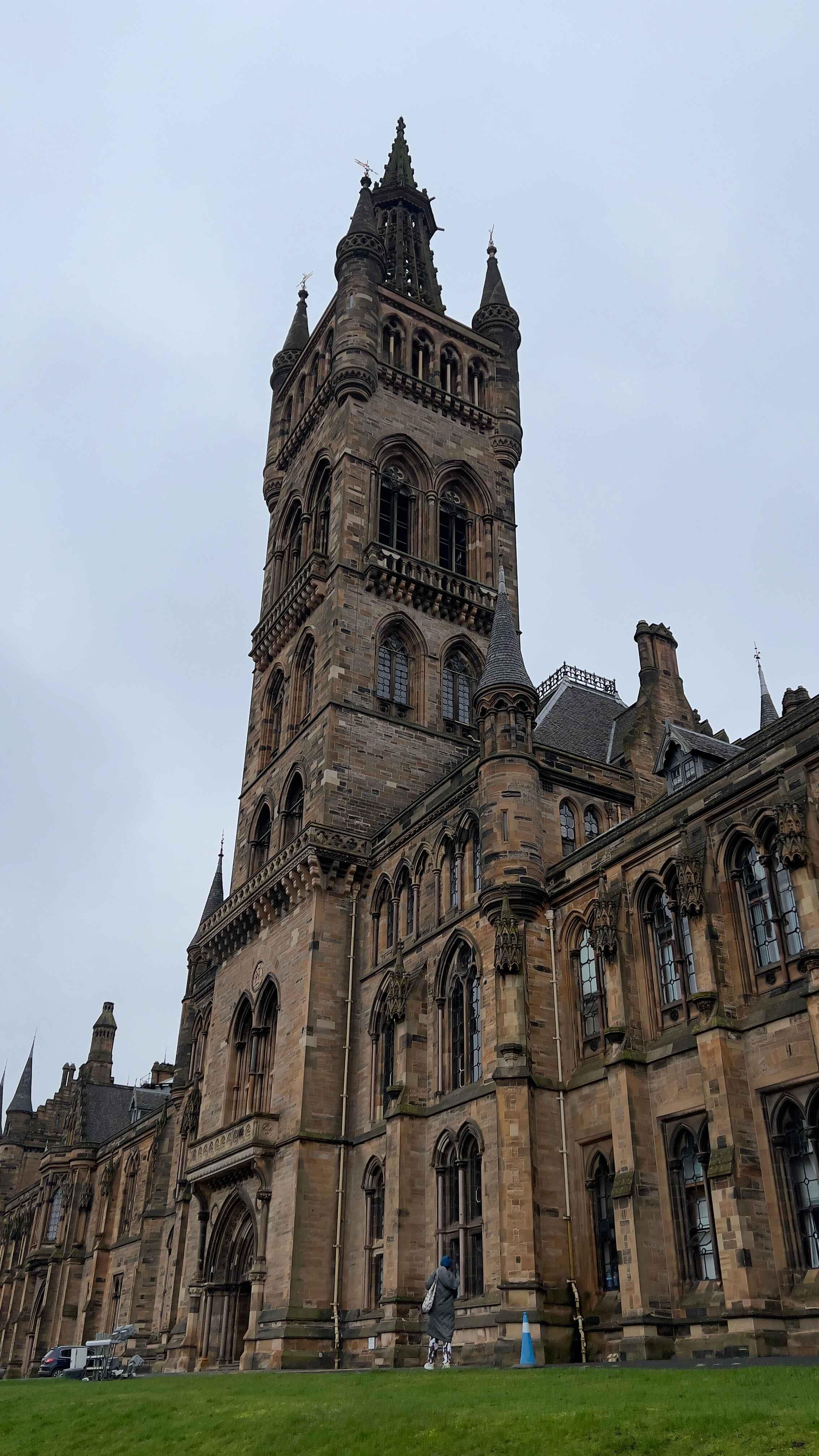
.jpeg)
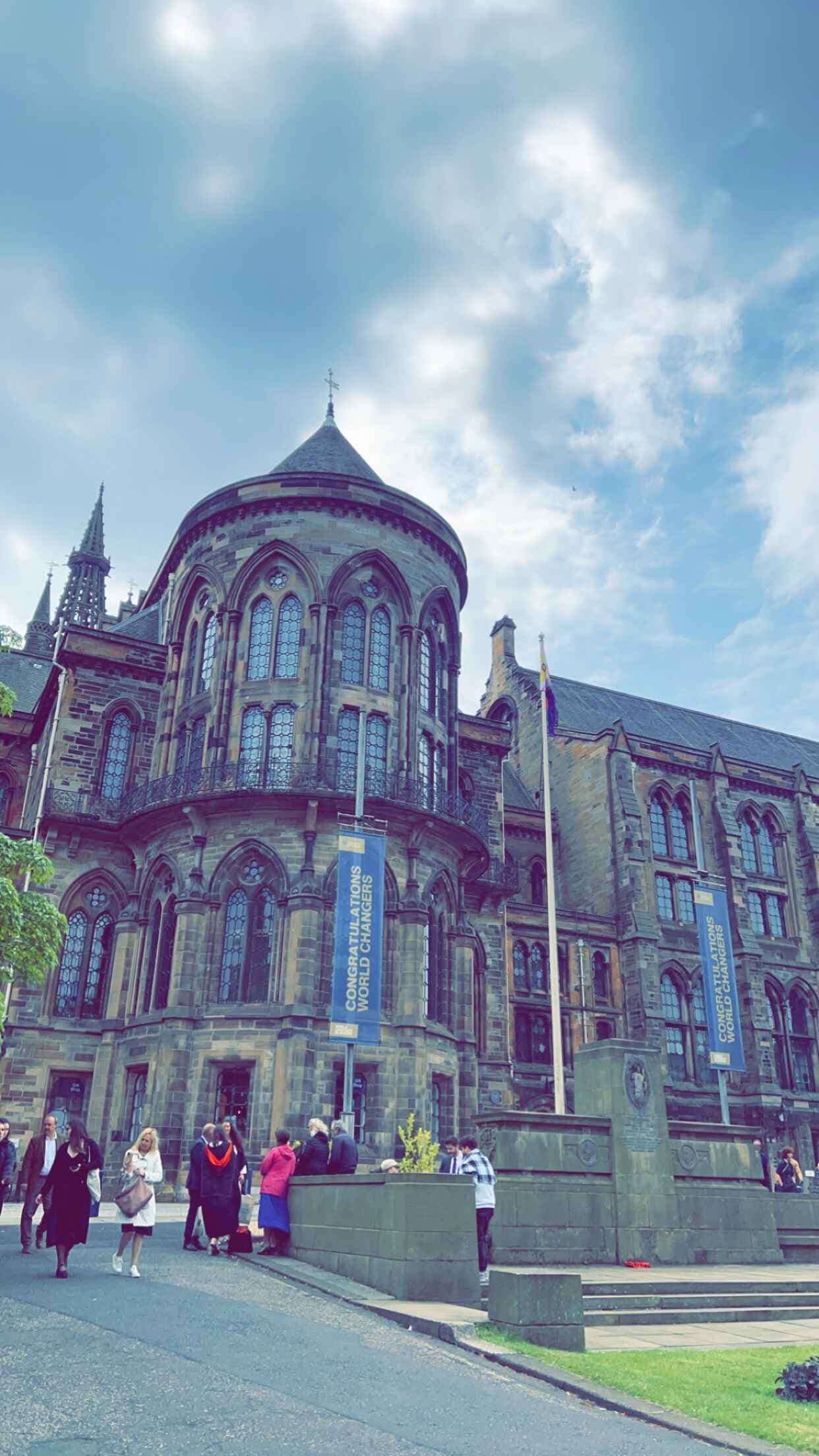
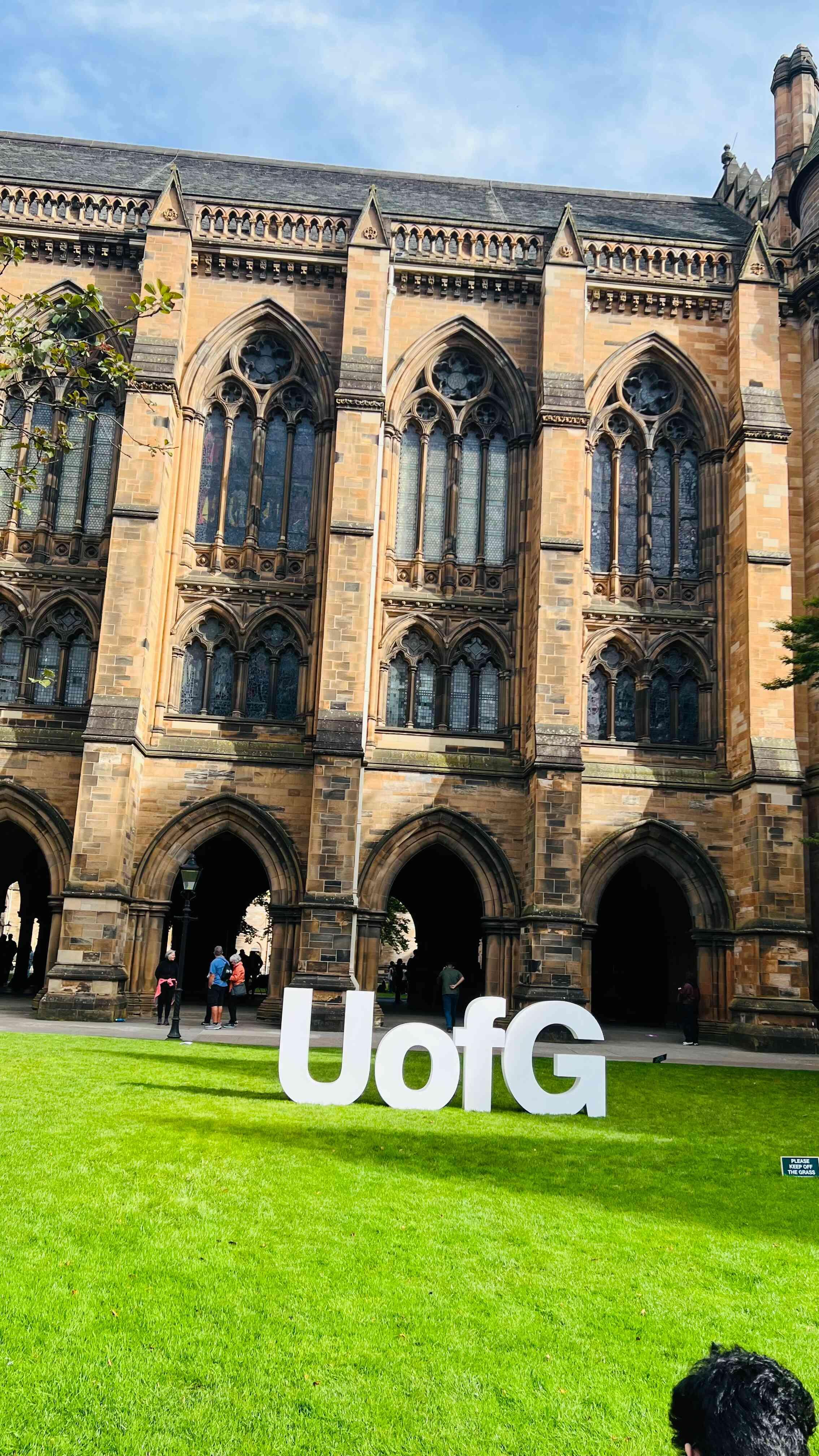
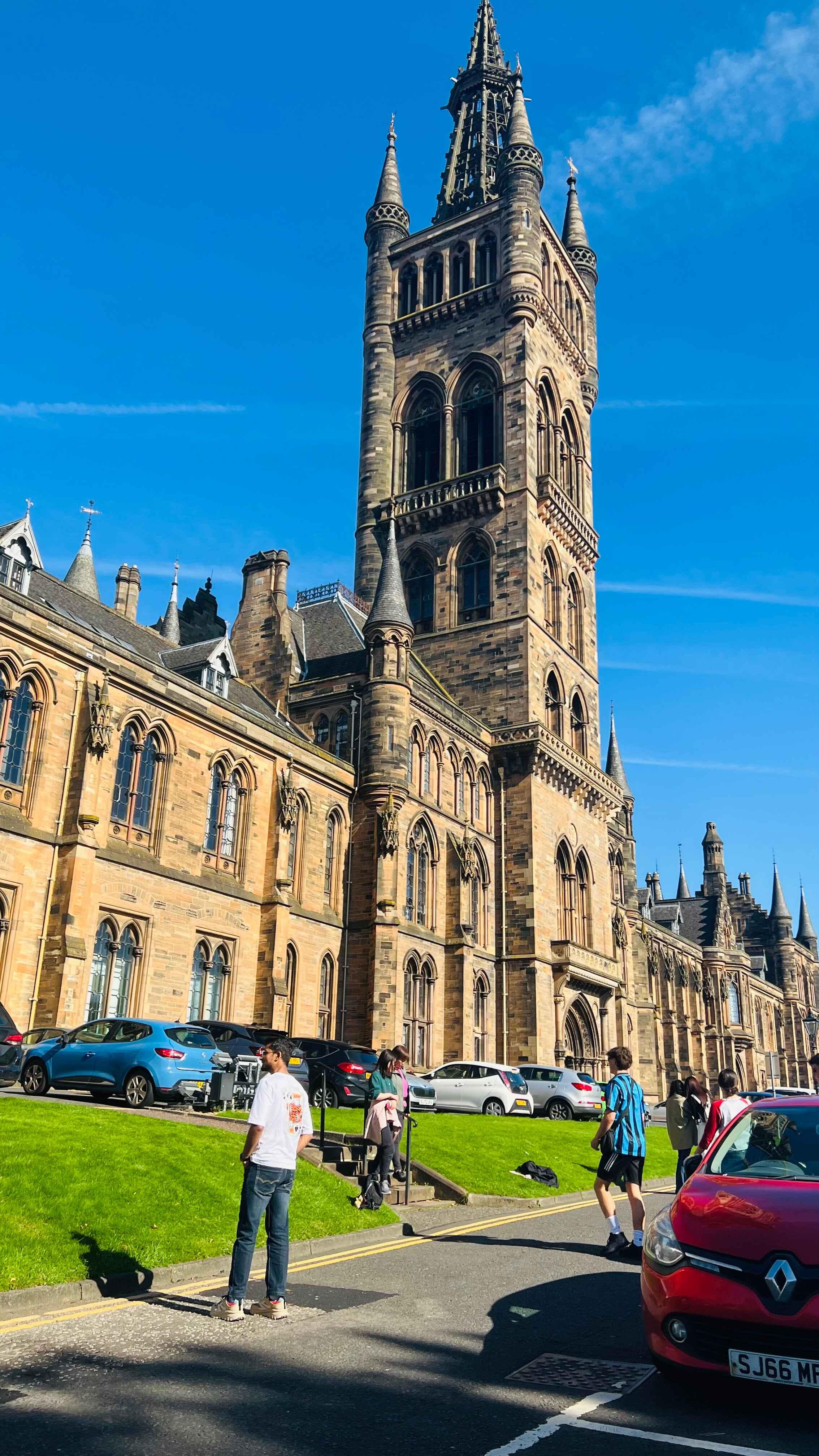
.jpg)
